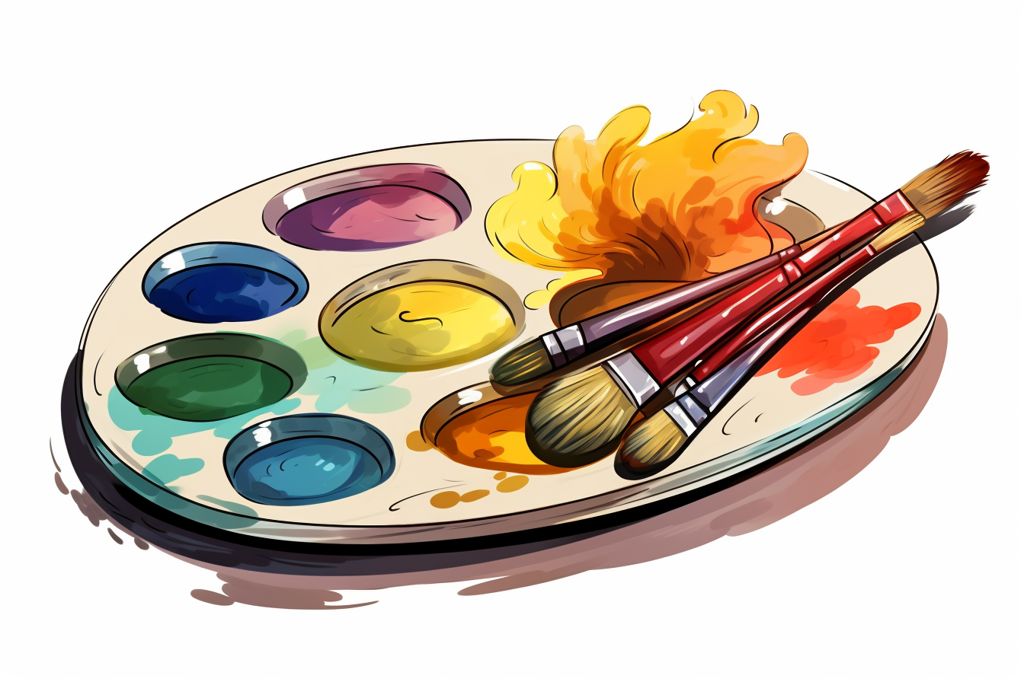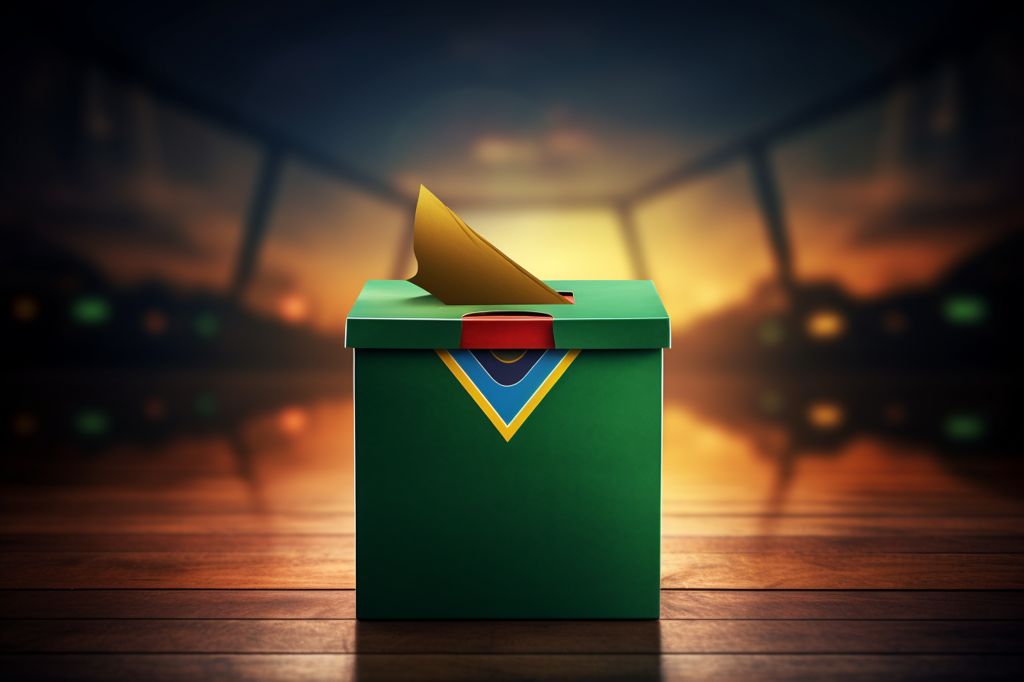The Department of Women, Youth and Persons with Disabilities (DWYPD) and the Department of Sport, Arts and Culture (DSAC) have joined hands to organize an online webinar to support artists with disabilities. The main objective of this initiative is to integrate and promote disabled artists into the mainstream arts and culture sector. The webinar aims to eliminate the barriers that limit their participation in the country’s arts and cultural programs.
Background
The genesis of this joint initiative can be traced back to the DWYPD’s 2022 tour of four cities, which highlighted the need to educate persons with disabilities about funding opportunities available within the DSAC. The departments will conduct empowerment workshops to help artists professionalize their craft and learn how to interact with various funding schemes.
Exploring Government Interventions
The webinar will explore government interventions that can aid in the mainstreaming of the arts industry. The event will also delve into potential collaborations with stakeholders from both the private and public sectors to provide much-needed assistance to artists. Moreover, it aims to connect them with provincial-level DSAC funding platforms.
Special Significance in September
September holds special significance in the context of this webinar. It is both Albinism Awareness Month and Deaf Awareness Month in South Africa, with September 23 recognized as International Day of Sign Language. Additionally, the period from November 3 to December 3 is observed as Disability Rights Awareness Month.
Tailored Interventions
As part of its broader commitment to mitigating the challenges faced by persons with disabilities in the arts, the DWYPD is actively collaborating with key stakeholders and implementing departments to develop tailored interventions. These efforts span across various sectors, with a focus on addressing issues specific to each industry.
The Way Forward
The DWYPD-DSAC webinar is a meaningful step in the right direction, signaling a broader societal shift towards inclusivity and equality for artists with disabilities. By providing access to essential resources, funding, and professional development opportunities, this collaboration aims to foster a vibrant, diverse, and accessible arts and culture sector that truly reflects the spirit of South Africa and its people.
In conclusion, the joint efforts of the DWYPD and DSAC should serve as an example for other governmental and non-governmental organizations to encourage equal opportunities and integration for all artists, regardless of their physical or sensory abilities. The end goal is to empower artists with disabilities, ensuring their voices are heard and their creative talents recognized and appreciated across the nation and beyond.








